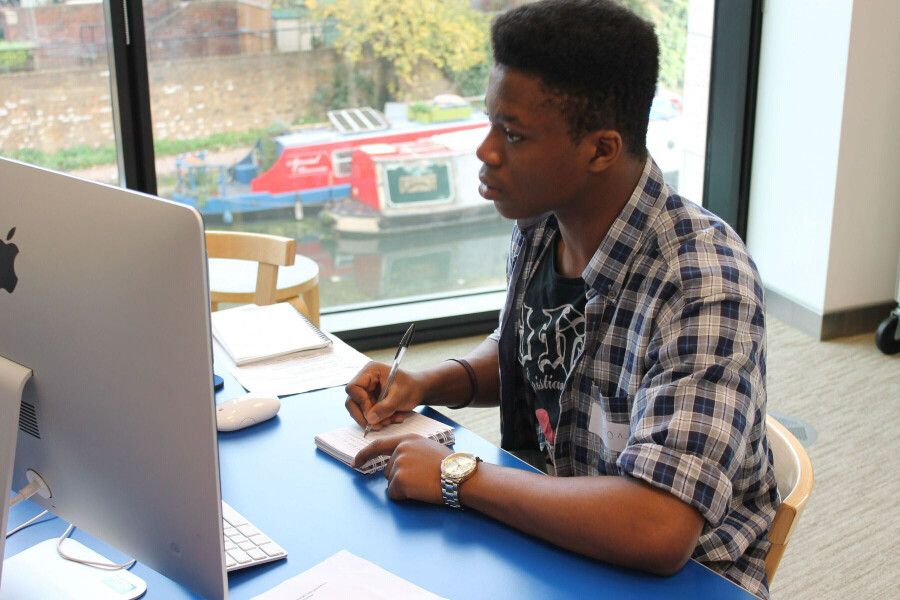

Research widely - facts, statistics, different sides of the story and quotes.
Spend time planning your feature article and organise your ideas.
Don’t reveal everything at the beginning. Features have a narrative structure and draw in the reader gradually.
The key paragraph is the nutgraph, usually the second or third paragraph, where the feature is put in context and its significance is explained.
Reveal a key piece of information, quote or statistic in each paragraph and use quotes from a range of people to give a rounded view.
Think about the ending of the feature. It should not be a summary. A good final paragraph might include a powerful quote, a call to action or leave the reader in a different place from where you started.
Be passionate and opinionated - choose a subject you feel strongly about, and then work on communicating that passion to your readers.
Start with what you know - you will probably write a stronger piece if you have some awareness in, or experience of, your subject. What is the point of your article? You should be able to sum it up in a couple of sentences.
Do your research - a strong argument is important, so too is a grasp of the facts. Your task is to persuade others, so you need to make the strongest possible case for your opinion – strong enough to persuade your opponents.
Construct a clear argument - reflect your opinion on your chosen subject. Remember to persuade your reader by including evidence, addressing other perspectives directly, presenting a conclusion and structuring your writing in a way that is easy to follow.